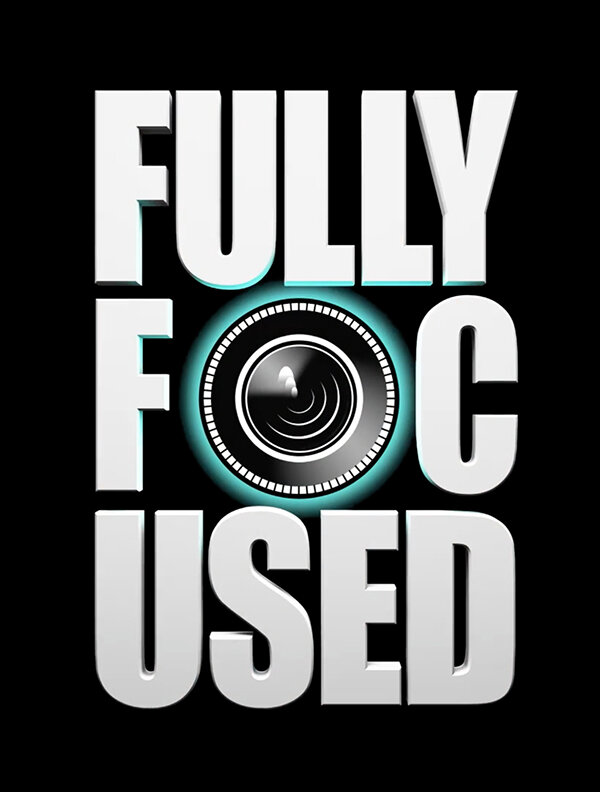SKIN OF THE EARTH
A collaboration with Apple Creative Studios and Fully Focused
Skin of the earth is a heartwarming documentary on community gardens and their importance for mental health and our sense of belonging to the natural world. It highlights the importance of community gardening for the individual and society at large. Skin of the earth specifically focuses on a black diaspora-led community garden that positively impacts mental health and environmental sustainability. The initiative also reinforces the bond between diaspora communities and their ancestral roots.
CREDITS
Ikram Ahmed, Director
Monica Cox, Cinematographer
Interview with
the director and cinematographer
by Layla Mahmood
The serenity of Skin of the earth immediately pulls you into its tranquil orbit, creating an immersive experience for the viewer. The short documentary, filmed on the iPhone 13 Pro Max, centers on Coco Collective, an Afro-diaspora led community garden collective in Lewisham, South-East London. The film is a part of the recent collaboration between Fully Focused Productions and Apple Creative Studios exploring the theme of belonging. Whilst the other films placed more overt emphasis on our sense of belonging with ourselves and communities, Skin of the earth takes a different approach, reflecting on the sense of belonging we have with our natural environment: earth. And the power of this relationship for our mental health and relationships.
The director, British-Somali, Ikram Ahmed, discusses her inspiration behind the documentary: “I was interested in the soil and the idea of, especially in the Islamic faith, that we come from the soil, we are made of soil and that we return to the soil. I think from ashes to ashes, from dust to dust is the saying. So everything for me in terms of belonging, it’s about finding what is the essence of being a human. And from there you can find out how to navigate this world; from there belonging is something you can make sense of”.
Skin of the earth highlights this connection between humans and nature being intertwined, with a member of the collective expressing: “We are a part of nature, we are not divorced from it. There is calcium and phosphorus in soil, like our bodies. Reconnecting with the soil is healing”.
The visuals in the film are even more explicit with this idea, where they incorporated images of the human body beside images of nature to demonstrate this link. Monica Cox, one of the cinematographers, says: “we filmed hairs on skin beside the hairs on leaves; roots of trees beside the knuckles on your hand; and filmed a mole on skin, beside a mole on a leaf”. They creatively captured these comparisons by using macro-lens, enhancing these microscopic details.
The garden was formed during the pandemic, responding to a need for societal healing. Valerie Goode, the founder of Coco Collective discusses this healing power of gardening in the documentary: “Planting is creating life, when you put your hand in soil you start thinking of solutions to political structures, solutions for your life and the people around you”.
The mental health aspect of community gardening is well known to mental health professionals: “It’s been proven and it’s something that a lot of GPs do. They refer people to go to workshops where they are growing food and gardening because they find that it’s really helpful for people’s mental and physical health. Doing tasks really helps people, because you see the seeds to what you sow. You get to eat what you’ve grown. There is this attachment because you create this thing that you get to physically see with your eyes”, says Ikram.
Coco Collective holds mental health workshops every Wednesday. And have a personal chef where they cook food from the crops they grow once a week, promoting sustainability and a sense of community.
But it is not just environmentally sustainable; the garden also sustains the connection between the Afro-diaspora and their heritage. Ikram expands on the importance of keeping heritage alive and the politicisation of land:
“When talking about land, especially for black people, it has always been very political.”
“And that idea that the history of land has been rooted in erasure, neglect and division. So I think when you’re reconnecting with that, you're finding restorative power by having that deep connection to where you come from”.
“It can be affirming for people, but also just reckoning with your ancestors. So when Valerie spoke about that, she comes from a Caribbean background. For her, reconnecting with the soil and gardening is a way of connecting with what her people did: the food they grew and how food is a big part of people’s identity”.
Monica adds: “You felt it was an important space because of that empowerment since it was an Afro-diasporic led. Sharing the food also brings people further together. They make a point of growing vegetables that may not be easy to get in the UK”. Amongst some of the delicious vegetables they grow are callaloo and patti-pams.
Importantly, though, Ikram would like to point out that this collective is a part of bigger movement, increasing since the pandemic: “What Coco Collective is doing is not unique in that there have been since the pandemic a lot of communities that have popped up, using gardening and growing as a way to bring people together. There is a community garden around the Grenfell site, responding to what happened in Grenfell. And there is one based in Tottenham”.
Unfortunately, she notes with disappointment that the community garden based in Tottenham is owned by developers and is in the process of having to move because of developers’ new plans for apartments, due to gentrification occurring in the area. The community garden was a part of a shared space that had its own ecosystem, including a Saturday school, artists studios and even a nightclub.
Community gardens appear to operate on multiple levels of healing, for the individuals and society at large. Offering vital services that may not be accessible to minorities, which makes the Afro-led nature of Coco Collective so important. It is a reminder of how essential it is to preserve such spaces. And the power and beauty of nature.



